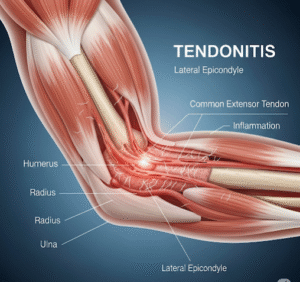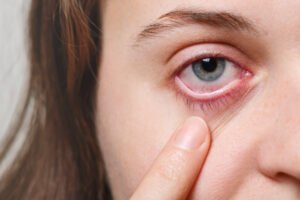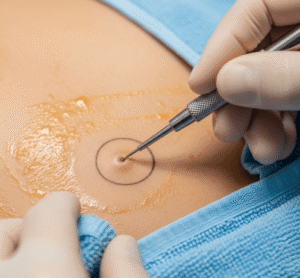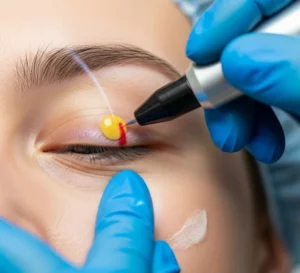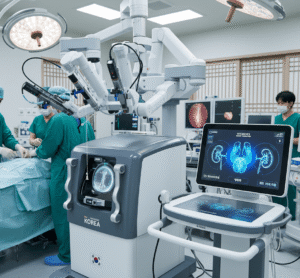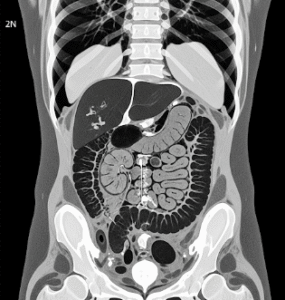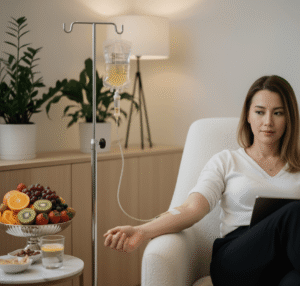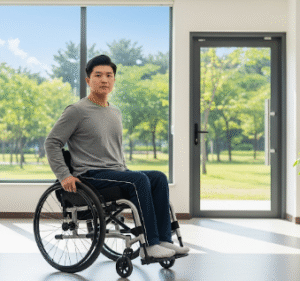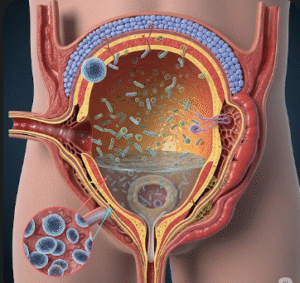Overview
Foot drop, also known as drop foot, is a condition characterized by difficulty lifting the front part of the foot, leading to dragging of the toes when walking. It is not a disease itself but a symptom of an underlying neurological, muscular, or anatomical disorder. In Korea, foot drop is commonly associated with conditions such as stroke, peripheral nerve injuries, herniated discs, and neurological diseases. Thanks to Korea’s advanced medical infrastructure and rehabilitation systems, patients with foot drop can benefit from cutting-edge diagnostics, surgical interventions, and comprehensive rehabilitation programs.
What is Foot Drop?
Foot drop is the inability to lift the forefoot due to weakness, paralysis, or nerve dysfunction of the muscles responsible for ankle dorsiflexion. It can be:
- Temporary – resolving with treatment of the underlying cause.
- Chronic/Permanent – requiring supportive devices or surgery.
It may affect one foot (unilateral) or both feet (bilateral) depending on the underlying condition.
Symptoms
- Dragging of the toes while walking
- “High-stepping gait” (lifting the knee higher to avoid tripping)
- Numbness or tingling on the top of the foot
- Muscle weakness in the foot and ankle
- Frequent tripping and difficulty walking on uneven ground
- Pain in the lower back or leg (if related to nerve compression)
Causes
Foot drop may result from issues involving the nerves, muscles, or brain:
- Neurological causes:
- Stroke (common cause in Korea’s aging population)
- Multiple sclerosis
- Amyotrophic lateral sclerosis (ALS)
- Spinal cord injuries
- Nerve-related causes:
- Peroneal nerve injury (common in knee or leg trauma)
- Herniated lumbar disc compressing spinal nerves
- Peripheral neuropathy (including diabetic neuropathy)
- Muscle disorders:
- Muscular dystrophy
- Polio (rare in Korea due to vaccination)
- Other causes:
- Tumors compressing nerves
- Post-surgical complications (hip/knee replacement, spinal surgery)
Risk Factors
- Stroke survivors
- Diabetes patients (due to neuropathy)
- Elderly individuals with spinal degeneration
- People with traumatic injuries (accidents, fractures)
- Patients with neurological diseases (ALS, MS, Parkinson’s)
Complications
- Increased risk of falls and fractures
- Development of abnormal gait and posture problems
- Muscle atrophy if left untreated
- Reduced mobility and independence
- Chronic pain and reduced quality of life
Prevention
While not all causes can be prevented, risks can be minimized by:
- Managing diabetes and chronic diseases effectively
- Protecting legs/knees from trauma during sports/activities
- Early treatment of herniated discs and nerve compression
- Stroke prevention through lifestyle changes and blood pressure control
Treatment Options in Korea
Diagnosis
- Physical examination (gait and muscle strength testing)
- Electromyography (EMG) and nerve conduction studies
- MRI or CT scans (for spine, brain, or leg evaluation)
- Ultrasound of peripheral nerves
Medical Treatments
- Nerve-specific medications (for neuropathy-related pain)
- Anti-inflammatory drugs (for nerve compression)
- Botox injections (in some spasticity-related foot drop cases)
Surgical or Advanced Therapies
- Decompression surgery (for herniated discs or nerve entrapment)
- Nerve grafting or tendon transfer (for severe or permanent nerve damage)
- Functional electrical stimulation (FES) – widely available in Korean rehab centers, stimulating nerves to aid foot movement
- Ankle-foot orthosis (AFO) braces – custom-made devices to support walking
Rehabilitation and Support
- Physical therapy – gait training, strengthening, and balance exercises
- Occupational therapy – for mobility and independence in daily activities
- Robotic rehabilitation devices (common in Korea’s advanced rehab hospitals)
- Long-term monitoring for patients with neurological diseases



